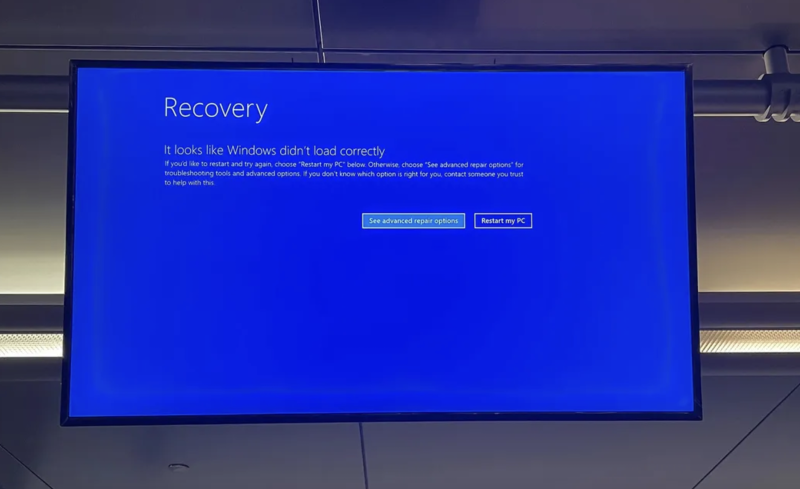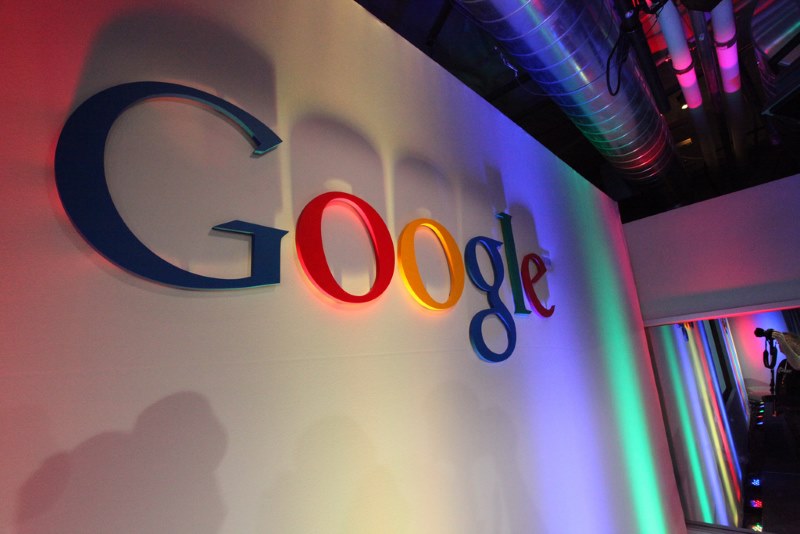Technology
Google Halts Cookie Phase-Out Plan After Years of Controversy
In a significant policy reversal, Google has decided to halt its plan to phase out cookies in its Chrome browser, a move that comes after four years of efforts, delays, and conflicts with the digital advertising sector. This decision marks a notable departure from the company’s initial strategy, which sought to eliminate the ubiquitous tracking technology.
Regulatory and Industry Concerns
The decision to retain cookies follows a series of obstacles, including concerns raised by both digital advertising firms and regulators regarding Google’s proposed alternative technologies. Digital advertisers argued that Google’s plan could compel them to shift their spending toward the company’s own digital advertising products, potentially creating an unfair competitive advantage.
Retaining cookies highlights concerns that Google’s alternatives might unfairly boost its own ad products,according to wsj black friday subscription.
Revised Approach to User Privacy
Instead of completely removing cookies, Google will now prompt Chrome users to enable or disable them. This change offers more user control. It responds to concerns from various stakeholders. The decision follows discussions with regulators and industry players. The goal is to balance privacy with advertiser and publisher needs.
Anthony Chavez acknowledged the transition’s impact on publishers, advertisers, and others in online advertising. He highlighted the effort involved. Chavez proposed a revised approach to enhance user choice. The new direction is under discussion with regulators. Google will also engage with the industry during implementation.

Major Technology Outage Disrupts US Federal Agencies
A major technology outage disrupts operations as US federal agencies, including the FBI and the Department of Justice, grapple…
Timeline and Investigation
Google initially announced its plan to eliminate cookies in 2020, with a target date set for 2022. The goal was to enhance user privacy by phasing out tracking technologies. However, the plan faced significant pushback from advertisers and scrutiny from regulators. In 2021, U.K. regulators launched an investigation to assess the potential impact of Google’s plan on competition in digital advertising.
As part of its commitment to cooperate, Google agreed to provide at least 60 days’ notice before removing cookies, allowing regulators to review the plan and suggest possible modifications. Despite these efforts, the investigation led to delays, and Google’s timeline for phasing out cookies was pushed back.
Criticism and Extension
In April, The Wall Street Journal reported that the U.K. Information Commissioner’s Office would release a critical report on Google. The report labeled Google’s proposed replacement technologies as fundamentally flawed. Soon after, Google announced an extended timeline for the cookie phase-out. The extension moved beyond the end-of-year deadline. This change reflects the need for more discussion and refinement.
This latest decision highlights the complexities involved in balancing privacy concerns with the needs of the digital advertising ecosystem, as Google navigates ongoing regulatory and industry challenges.
Secure your exclusive 3-year subscription to Bloomberg News and The Wall Street Journal today with a remarkable 77% discount. Combine these two influential financial sources for a wealth of wisdom and invaluable perspectives. Don’t miss this exceptional opportunity!

